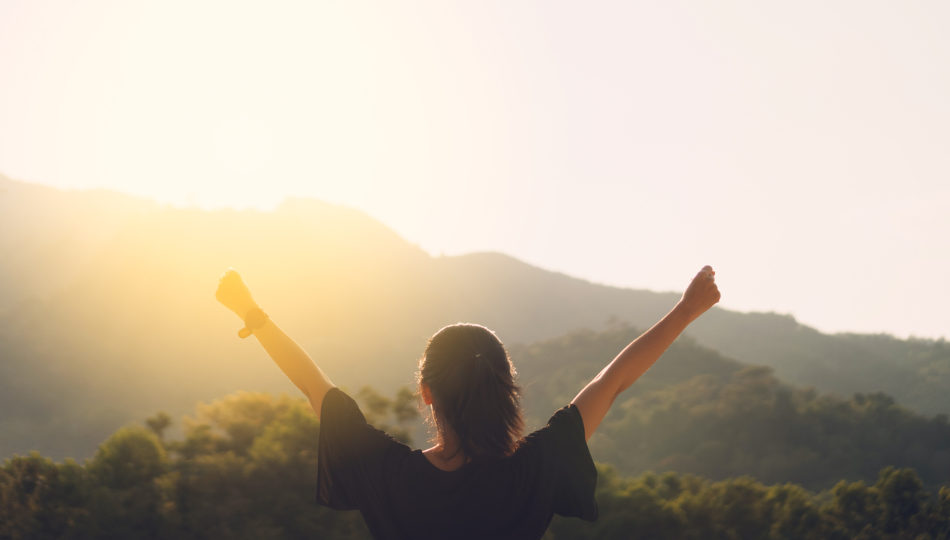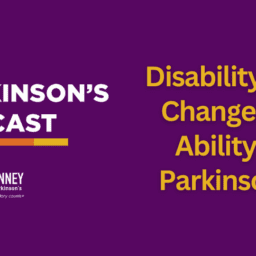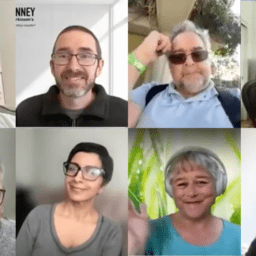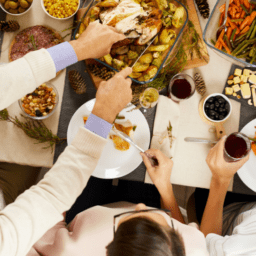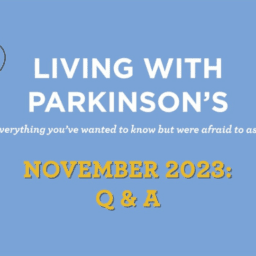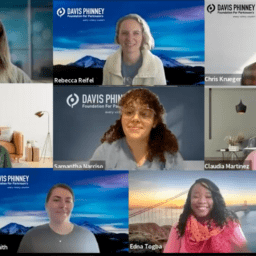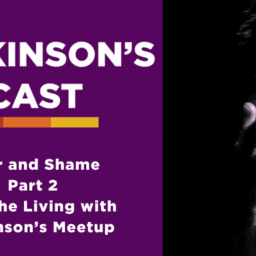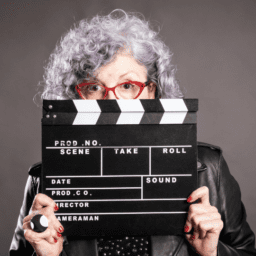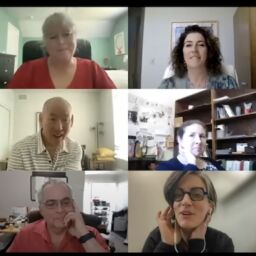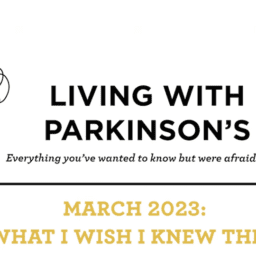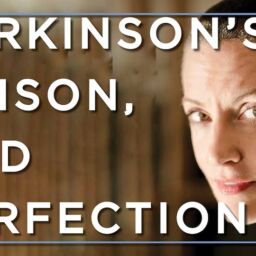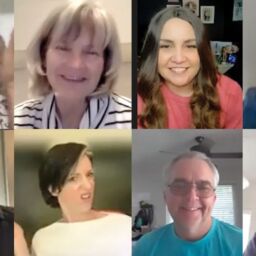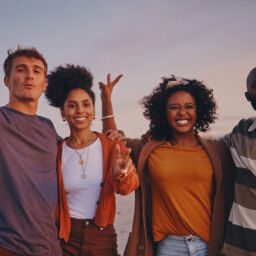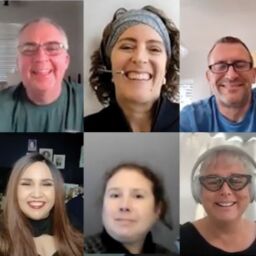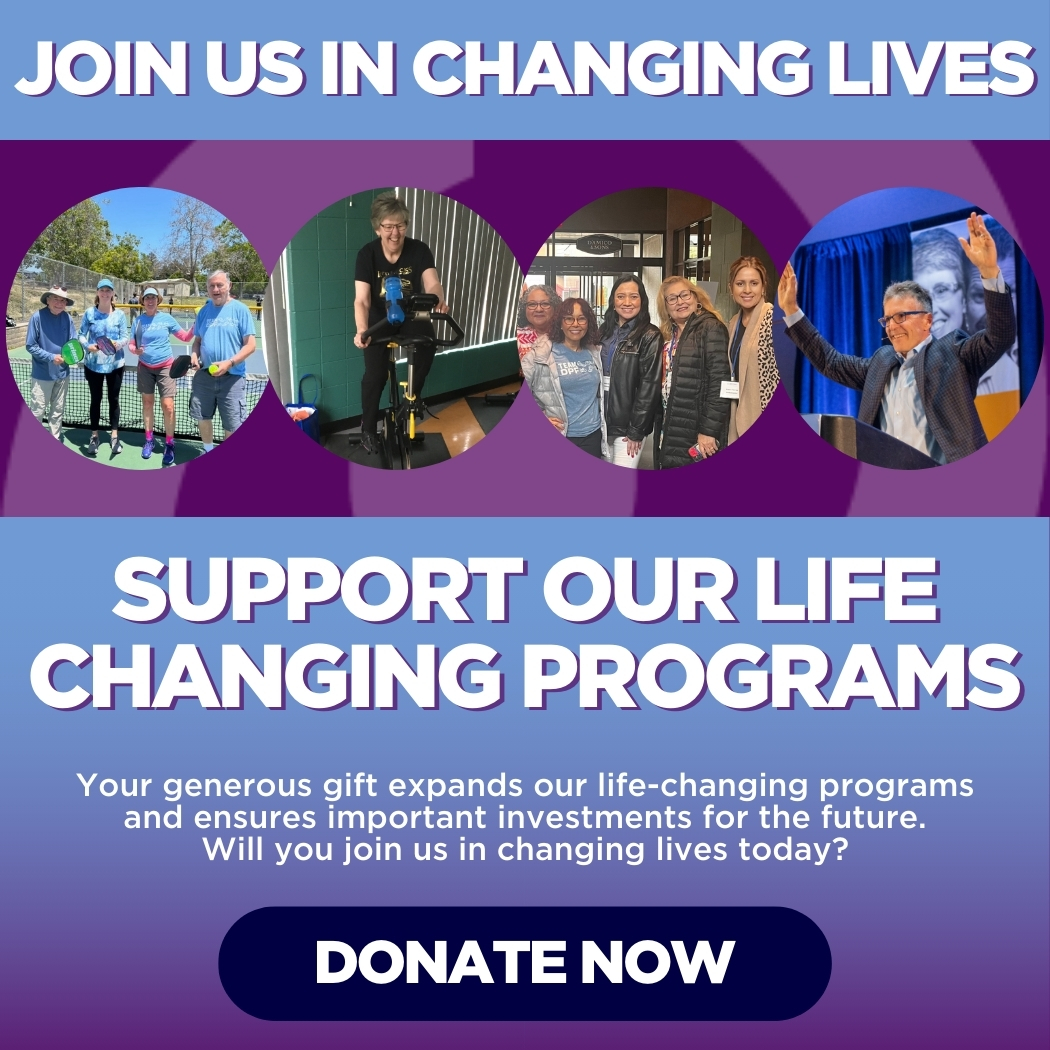Welcome to a new year of Living with Parkinson's Meetups. In this meetup, we discuss finding optimism during your Parkinson's journey. We started off with our typical fun and lively discussion, featuring guest panelist Sarah Zenner, Doug's quotes, Heather's rapping, and more. Watch the recording below and scroll down for our show notes and resources. See you next month on February 16, 2023, at 1 pm MST. Not yet registered for the monthly meetups? You can do that here.
Finding Optimism in Parkinson's Show Notes
Welcome, Sarah Zenner!
We were honored to welcome Sarah Zenner as a guest on our panel this month. You can learn how she lives well with Parkinson's below, and check out her Ambassador page to get in touch!
Living well with Parkinson’s means continuing to live a highly entire life of being a hands-on, full-time, single mom while managing my home, working full-time, spending lots of time with friends, hiking, riding my Peloton, boxing, practicing yoga, taking Pilates classes, decorating, doing yard work, and cooking—to name a few. I am most excited to help others advocate for themselves and push forward into a rich and rewarding life living with Parkinson’s.
Doug Reid's Positivity Quotes
Doug Reid has been on our panel for a few months and has brought great advice and fun to our Parkinson's community. This month, he shared a few quotes that helped him remain positive. Check them out below.
"A chronic illness is not an excuse to stop living one's life, but rather, a call to start living it and embracing it more fully." Davis Phinney
"The journey ahead may not be easy, and while I may make mistakes, I will learn all that I can along the way" Jamie Askari, Embracing Realistic Optimism in the Mess of Parkinson’s Disease
"We are not entitled to a good life without suffering. Instead, we must create that life for ourselves and fill it with serenity." Dr. C, ‘Misery Moaning’ About Parkinson’s Disease Does No Good
“With gratitude, optimism becomes sustainable.” No Time Like the Future: An Optimist Considers Mortality
"Too Young for Parkinson's"
One of the issues that our Living with Parkinson's Meetup panel members frequently discuss is communicating with others about Parkinson's. This month, the topic of "being too young" for Parkinson's was brought up. Parkinson's can affect people as young as 12, but it predominately develops when they are in their fifties and older. Finding optimism in Parkinson's is difficult when people don't realize this. Regardless of age, Parkinson's doesn't look like one thing. As is commonly said, "If you've met one person with Parkinson's, you've met one person with Parkinson's." In other words, no two people with Parkinson's present the same. So, it's frustrating when young people tell others they have Parkinson's, and the listener dismisses them because they think they're too young to have it. There's, unfortunately, no such thing as being too young to have Parkinson's.
AVOID ISOLATION
When you are at your lowest, pushing people away and isolating yourself can be easy. Don't let yourself be limited and isolated. Reach out to the Davis Phinney Foundation Ambassadors to connect with other people with Parkinson's who understand what you're going through. Find laughter in the little moments, like Heather's Parkinson's Rap (watch until the end of the meetup to see it) or Sree having to explain that her "Resting B**** Face" is just her waiting for her meds to kick in. Brian even became certified in laughter yoga so he can practice finding laughter. Refrain from catastrophizing your future and wondering what is going to come next. Try your best to live in the moment and focus on living your best.
World Parkinson's Congress
Many of our panelists shared that they're most excited about in 2023 is going to the World Parkinson's Congress (WPC) in Barcelona this summer. This is a huge event where people worldwide are connected to Parkinson's, whether medical professionals, researchers, people with Parkinson's, or care partners. The conference is open to everyone, and there are financial aid packages available through their site. To learn more about the World Parkinson's Conference, visit their website.
Our own Claudia Martinez, Hispanic Community Engagement Coordinator for the Davis Phinney Foundation, recently sat down with a few Spanish-speaking Parkinson's advocates worldwide to discuss the conference and all it entails. This video is entirely in Spanish. Please feel free to do so here if you want to check it out.
Additional resources
Demoralization, Meaning, and Parkinson’s
A Primer on Parkinson's for the Newly Diagnosed
[Webinar Recording] Living Alone with Parkinson's
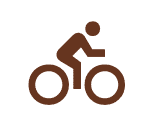 JOIN OUR PELOTON CLUB
JOIN OUR PELOTON CLUB
Our educational content is made possible because of the monthly donors in our Peloton Club. Want to become a member and help us continue to create the resources people need to live well with Parkinson’s? Learn more and register to become a member here. (You’ll get a fantastic gift if you do!) It’s as easy as can be to set it and forget it.


